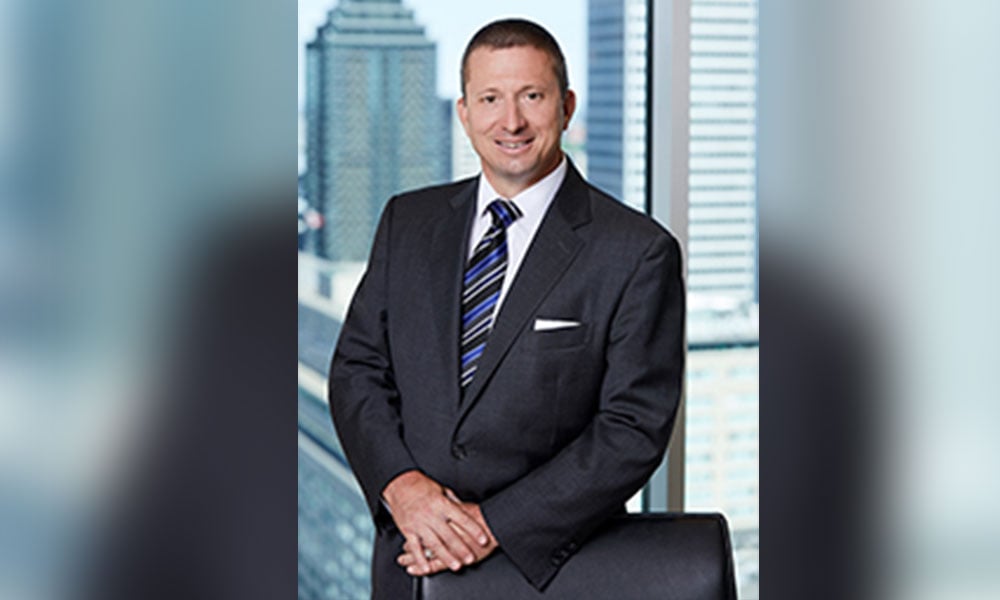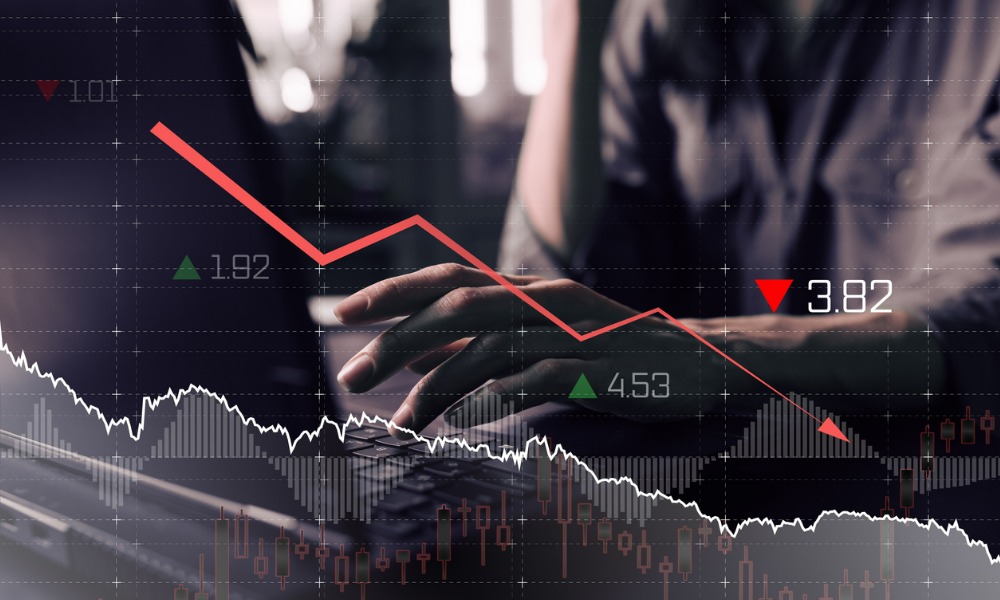Raymond James advisor on COVID-19 portfolio strategy, a 'lucky' market move and working remotely

Erik Moisan’s “spider senses” were tingling, so he sold a number of securities and didn’t invest, preferring to leave it in cash.
One of those securities just happened to be Royal Caribbean Cruise Lines, which he sold at $117 before it sunk to around $40. Of course, no one knew COVID-19 was about to wreak havoc and leave the tourism industry battered and at a standstill.
Moisan, vice president and portfolio manager at Patrimonia Wealth, part of the 3Macs division of Raymond James, told WP it’s better to be lucky than good but his modesty belies a prudent and conservative approach to managing other people’s money. “My job is to worry for my clients,” is how the Montreal-based advisor puts it.
This has involved some recent buying opportunities but, primarily, Moisan and his discretionary portfolio team have broken the crisis down into three phases. They believe we are currently in the infection phase - the human stage – while the economy-focused phase two will feature horrendous Q2 quarterly results and unemployment numbers “beyond the pale”. Phase three, which will play out over six to nine quarters, is when Moisan expects a return to something closer to the GDP numbers of December and January.
From that perspective, he has assessed the best industries or sectors to be involved with during phase one, which he believes will still do well through phase two. The portfolio has, therefore, been tweaked towards essential services. From this position, he feels he can then gravitate into phase three.
A year of rebalancing and the cash positions generated by selling off certain securities also meant Moisan was underweight equities before the market crashed.
He said: “We rejigged the portfolios so our current exposure to equities is more stylized towards a defensive perspective in phases one and two, and because we still think we're going to revisit somewhere between where we are and the worst of where we were, perhaps even a little bit lower.”
A 34-year investment veteran, Moisan worked on the bank brokerage side before switching to independent Raymond James three years ago. The COVID-19 is not his first rodeo, having interviewed for Lévesque Beaubien Geoffrion – now National Bank - back in 1987 when Black Monday struck. He has been working out of his cottage during the pandemic and believes more remote working will be a lasting legacy of this crisis.
He praised Raymond James for its flexibility and resources, and for its heavy focus on wealth management. Moisan believes that, with about 75% of the firm’s revenue stream coming from portfolio management, its priority filters through to clients.
“[Coming to Raymond James], I felt the technology was superior in a number of ways, none the least of which was its friendliness towards the way I do my business. Everything from trading to portfolio management to modelling to allowing for third-party applications are in-house.
“It’s that sense of urgency about full-service brokerage wealth management - everything from the guys on the bond desk to the planning side to the insurance guy. It’s helped tremendously with the situation we're in because it's not as though bank accounts, mortgages and personal loans are going to drive the bottom line in the absence of what I can do.”
He told WP that we are just at the start of the scramble back to economic normality and said many people do not understand the gravity of the government interventions.
“For the first time in history, mankind has decided not just to stop stoking the fire that powers the locomotive, but to let the fire die and put a couple of buckets of water on it.
“I don't think people really understand how much time it's going to take to not only get a fire going in the engine, but to get it hot enough so it creates enough steam for the locomotive to move forward an inch.”
What is in abundance is a level of understanding from clients. Most understand that nobody is at fault – unlike in 2008 – and that Mother Nature is taking charge for a while.
Moisan told WP that while his clients naturally compare his team's portfolio management ability to various market indexes, it’s always measured relative to the individual’s personal benchmark. From that angle, he said, “the story hasn’t been that bad”, with portfolios down between -4% and -5% for the year. The severity of the impact on clients is not lost on the industry veteran, however.
“It basically means that part of what we made last year is gone. And you'll recall that 2018 wasn't a particularly extraordinary year. So, clients for the last two, three years are" slightly positive but a little too close to flat and a little bit below what their benchmark target rate of return would have been.
"Their behaviour throughout it has been understanding, though, because this is not down to an excess of enthusiasm on the investment side, or liberties that were taken. This is because for the first time in history, human beings have decided to turn the economy off.”



